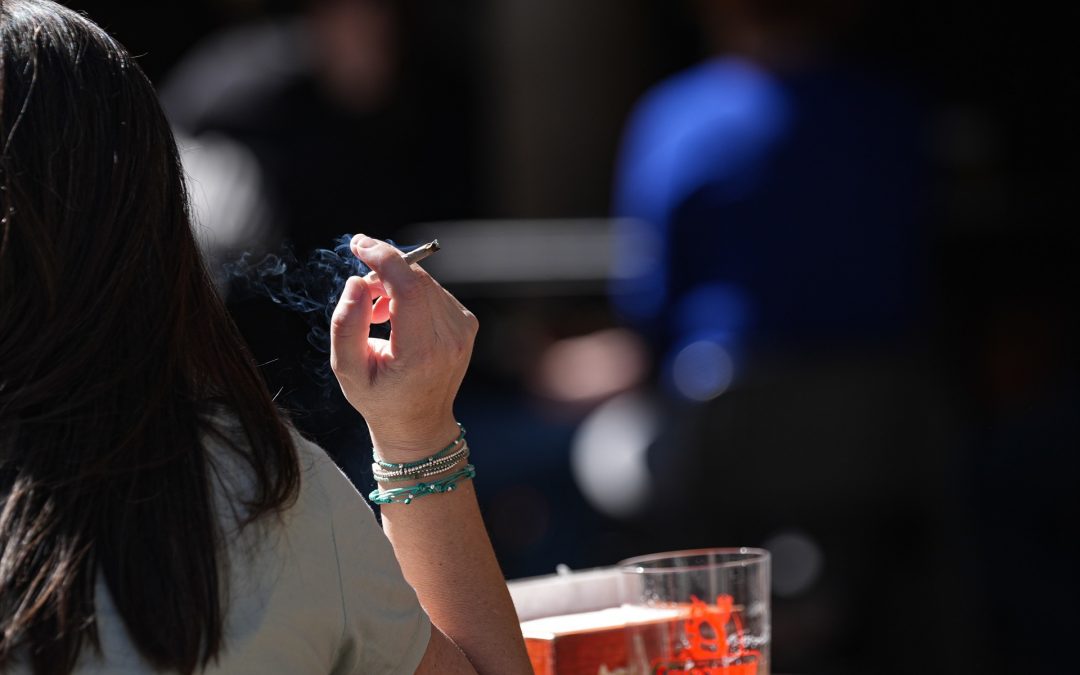Brussels/Madrid – The European Commission has asked European governments this Tuesday to extend the smoking ban to certain outdoor areas where non-smokers are especially exposed, such as bar and restaurant terraces, playgrounds and pools, or bus stops. Additionally, it has advocated for applying this veto to emerging products such as electronic cigarettes, whether they contain nicotine or not.
“In a European Health Union, we have the duty to protect our citizens, particularly children and young people, from exposure to smoke and harmful emissions,” said Health Commissioner Stella Kyriakides in a statement in which she also highlighted the common commitment to achieve a “tobacco-free generation” by 2040.
The recommendation is not binding because member states have exclusive competence over health policies, but Brussels encourages them to incorporate this goal into their national strategies “taking into account their particular circumstances and needs.”
According to data from the European Commission, around 700,000 people lose their lives each year in EU countries due to illnesses linked to tobacco consumption, including “tens of thousands” whose consumption is indirect due to secondhand smoke.
In Spain, the Minister of Health, Mónica García, has expressed support for the Commission’s report and noted that Spain is already working on legislative reform to expand the places where smoking is prohibited.
“The European Commission leads the way by indicating that anti-tobacco policies need to include outdoor spaces. Spain has already started by approving the Tobacco Prevention Plan. Now we are working on legislative reform for more smoke-free zones,” said the minister in a post on the social network ‘X’.
According to García “fighting the leading cause of preventable death, which takes 50,000 lives each year, is an urgent necessity.” (September 17)
 go to the original language article
go to the original language article
